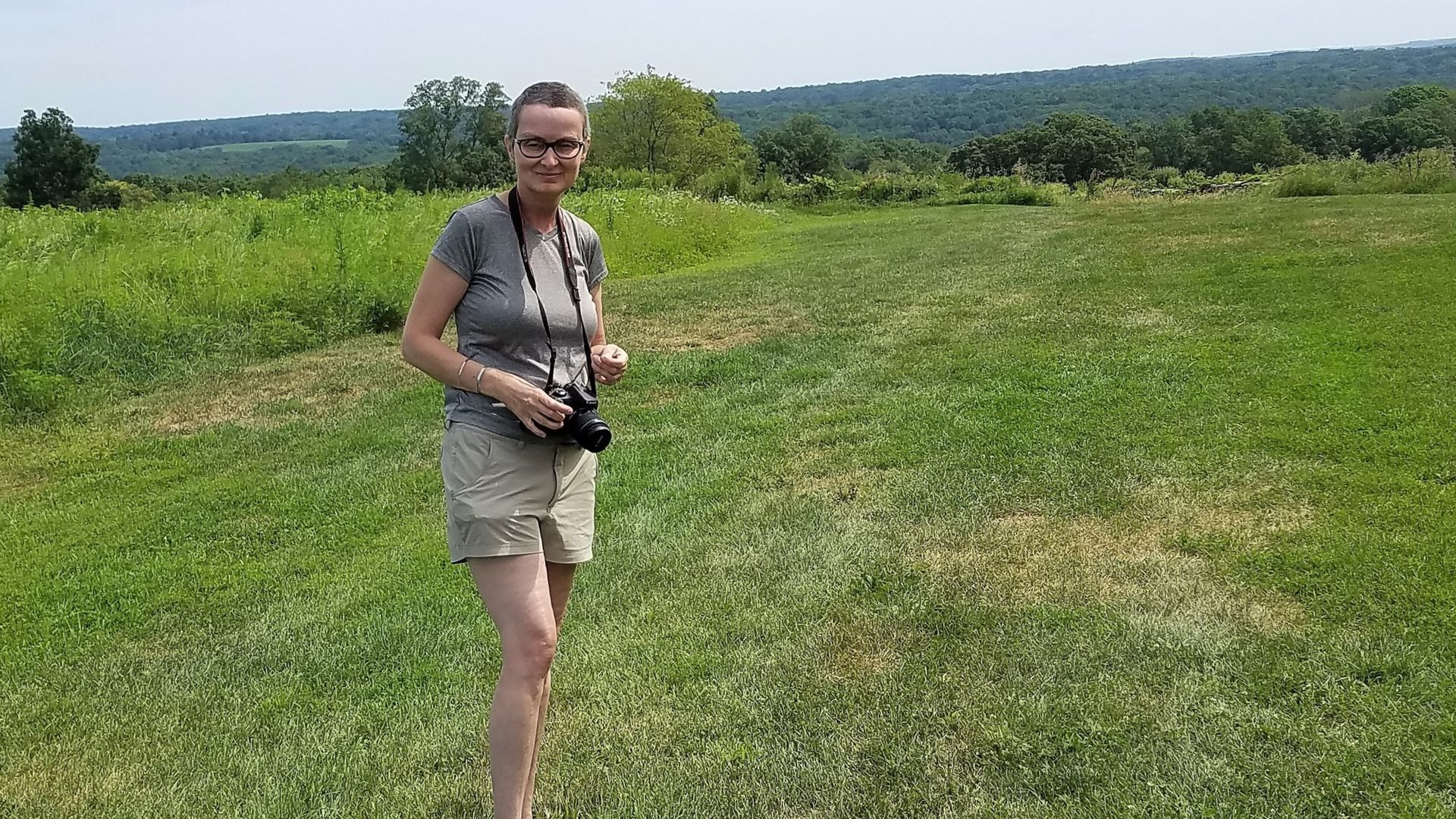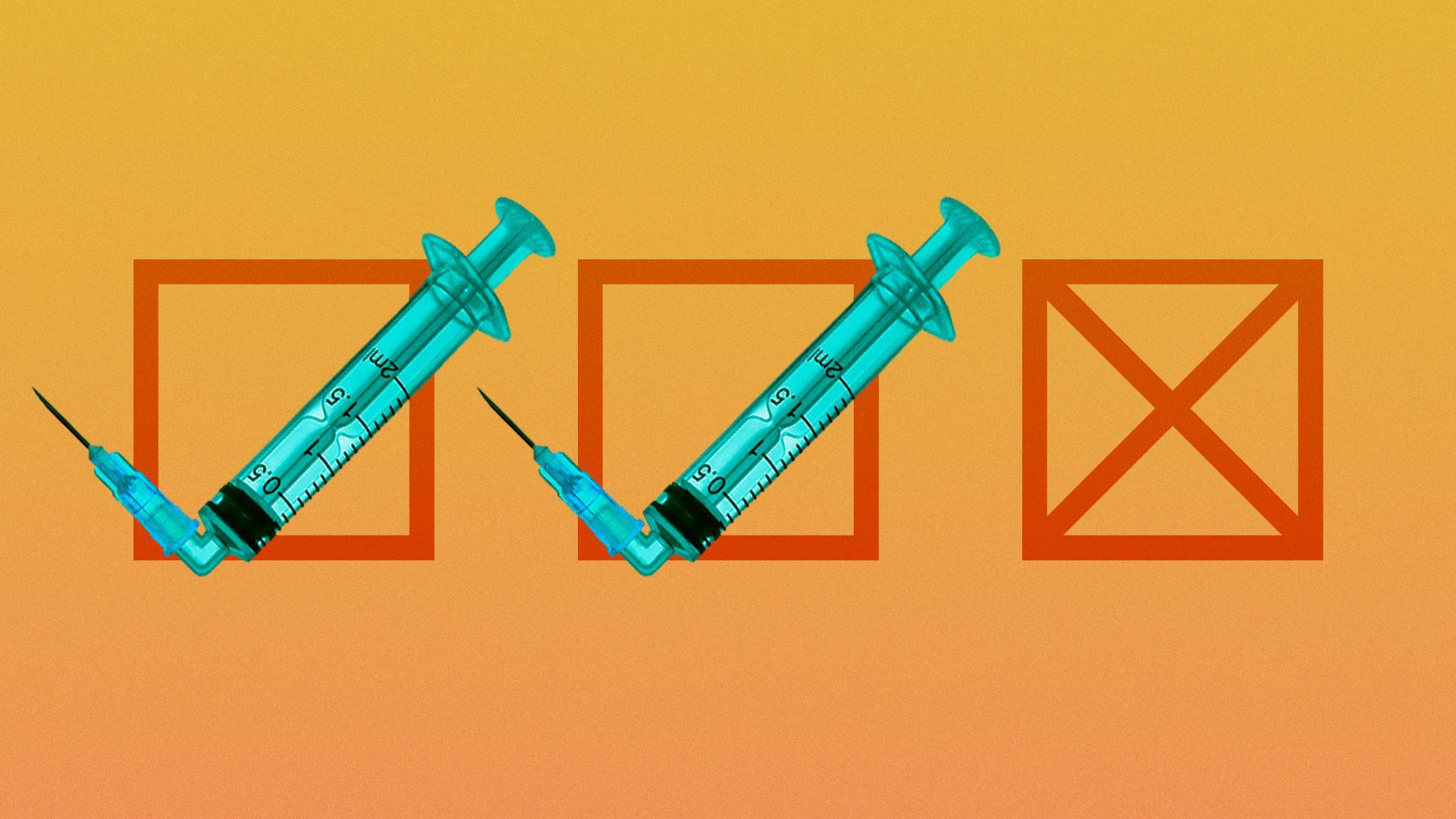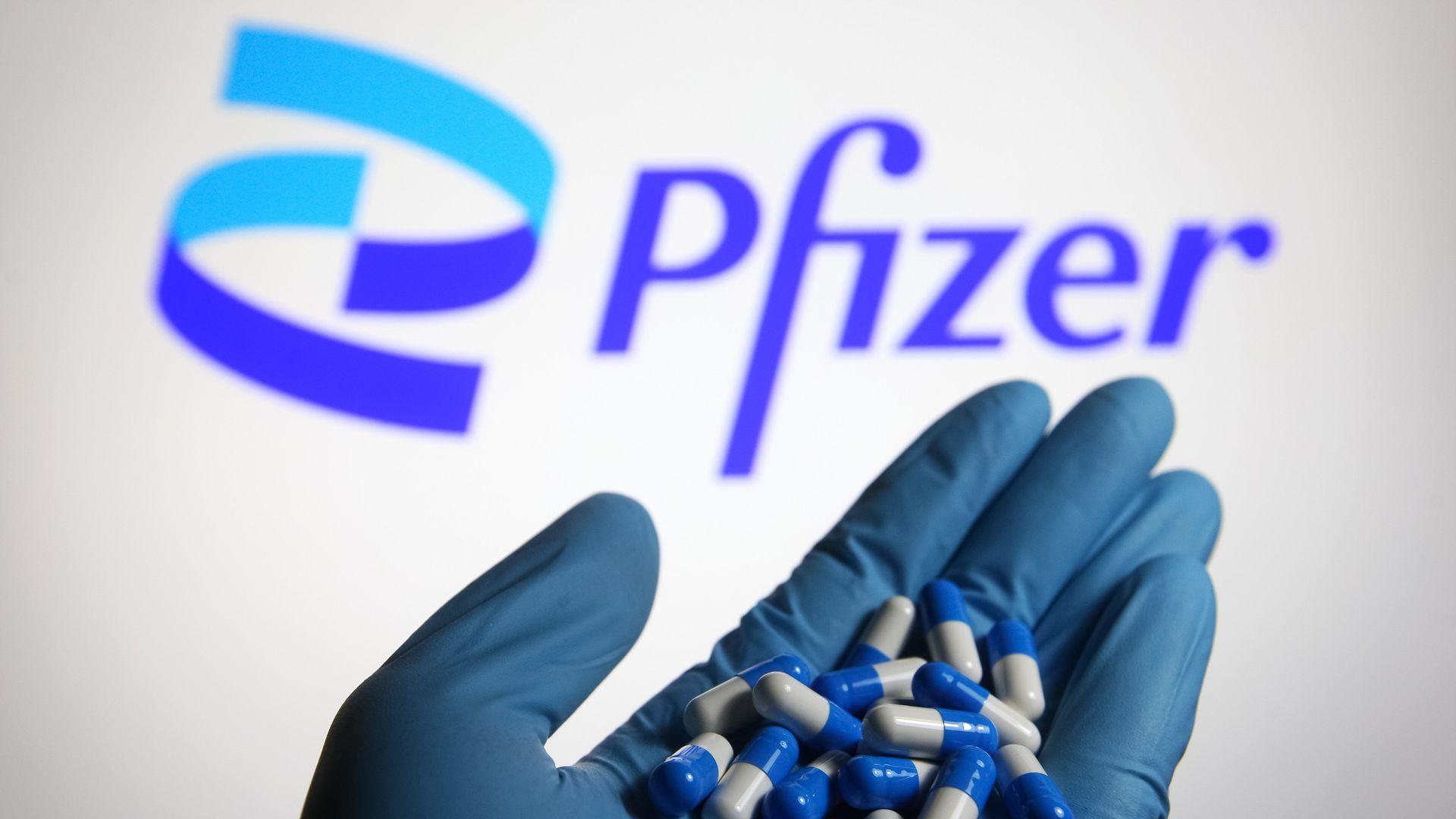| Cindy Beckwith has learned to live with two things that aren't going away soon: a rare cancer and medical bills stemming from the out-of-network care it required, Axios' Bob Herman writes. Why it matters: People who have health insurance but get sick with rare diseases that require out-of-network care face potentially unlimited costs. Details: Beckwith, 57, of Bolton, Connecticut, was diagnosed with pulmonary artery sarcoma, a rare tumor on a main artery. She also has fibromuscular dysplasia, a rare blood vessel condition. - She has ConnectiCare health insurance, which she gets through her husband's employer.
- Her local doctors suggested she see specialists at the University of Pennsylvania Health System because her conditions were so uncommon, but the system was out-of-network.
The bill showed charges of $270,000, just for services received in 2019. - Beckwith and the hospital settled on $20,138.40. Penn Medicine "insisted" she pay a minimum of $441 per month until 2023, she said.
- Beckwith and her husband have already paid more than $11,000.
The big picture: Federal regulations cap how much people pay out of pocket for in-network care, but no such limit exists for out-of-network care. The other side: A ConnectiCare spokesperson said the insurer does "not speak about our members' private health information." - A Penn Medicine spokesperson said in a statement the system "has a longstanding commitment to work with patients to help them understand the costs associated with their care, including out-of-pocket costs."
The resolution: After Axios submitted a HIPAA authorization waiver, signed by Beckwith, Penn Medicine called her to say they'd knocked $4,000 off her remaining balance. This is part of Axios' new series, Billed and Confused. Have you been hit with an unexpected medical bill? Maybe the experience left you feeling puzzled or upset? Email bob@axios.com, so we can dig into what's happening. | 







No comments:
Post a Comment